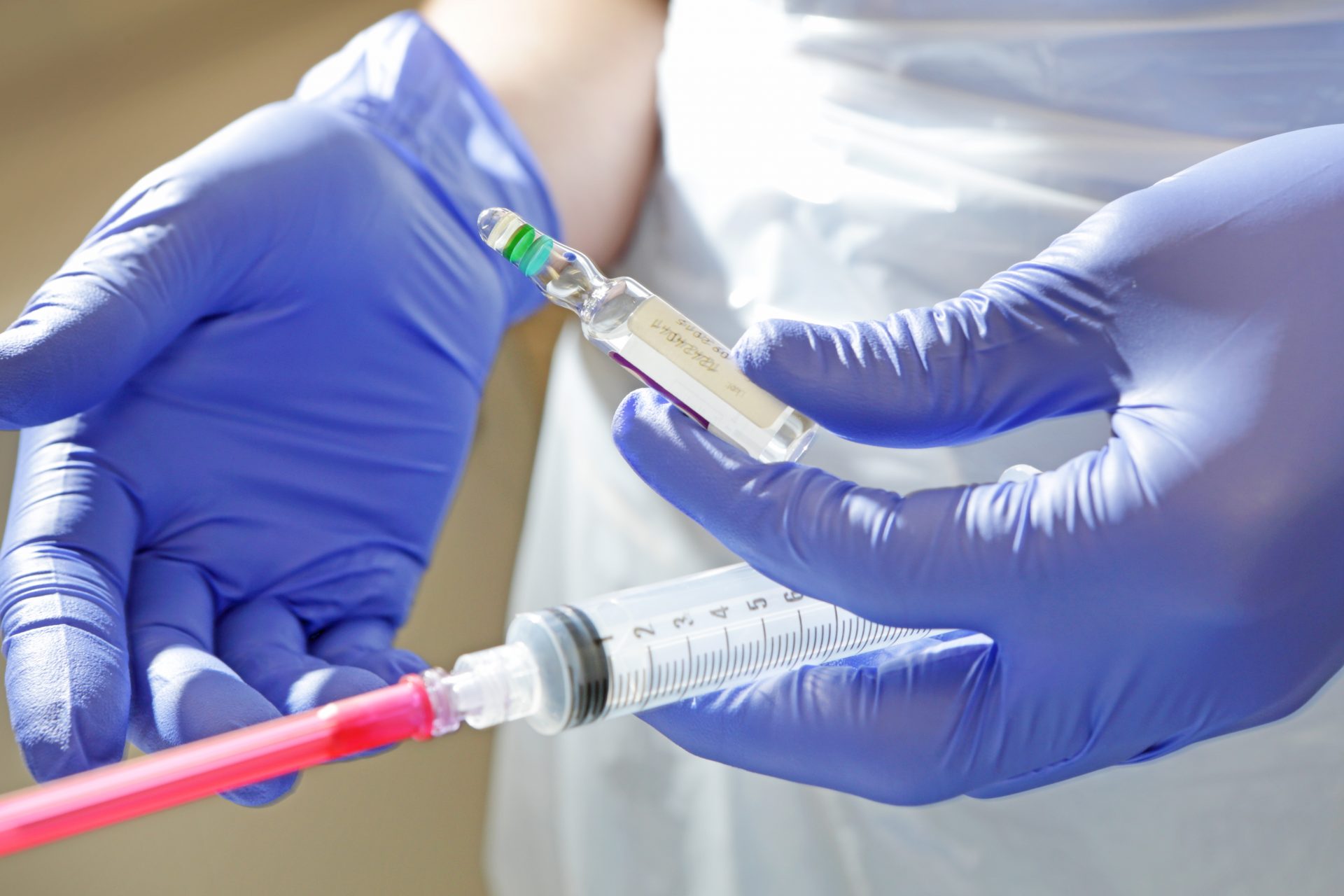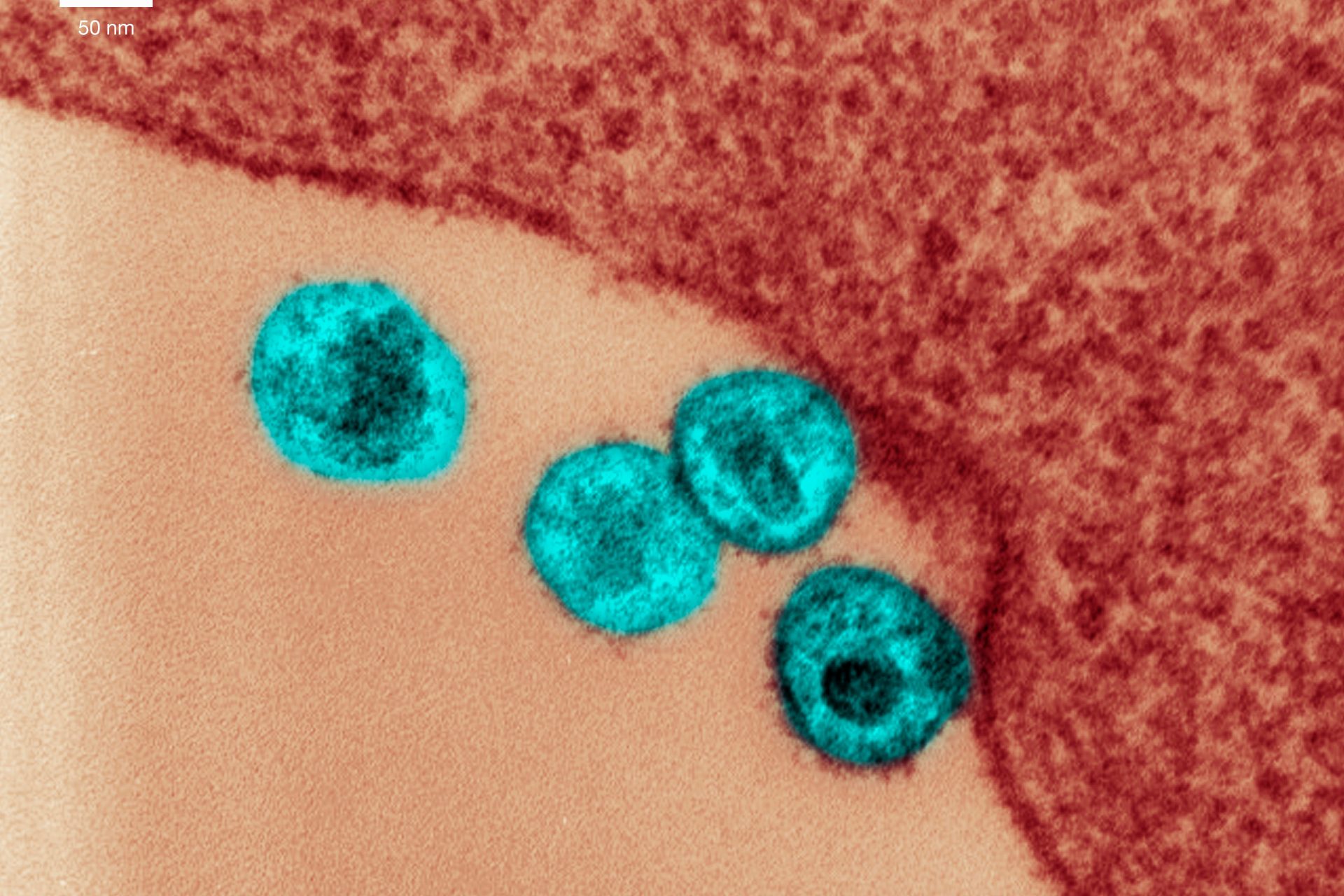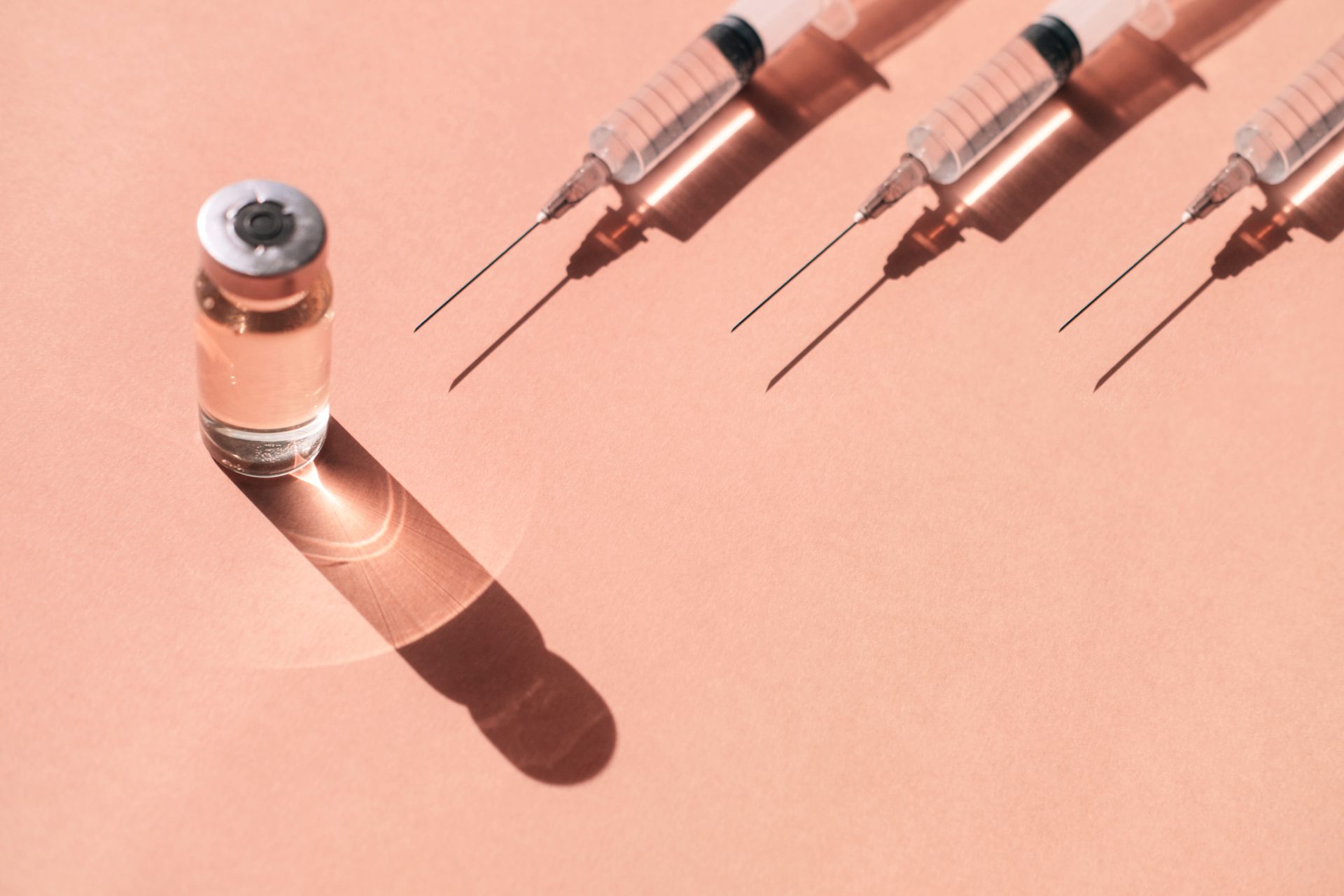This breakthrough drug reduces the risk of HIV by 96%
A new study has found that a twice-yearly injection of lenacapavir can reduce the risk of HIV by 96%.
The clinical study, which addresses a pre-exposure prevention (PrEP) method, was published on November 27, 2024, in The New England Journal of Medicine (NEJM).
The phase 3 research was conducted to evaluate the efficacy and safety of the new treatment in a large group of participants.
Called Purpose-2, the study is the second to prove the high efficacy of the drug lenacapavir in preventing HIV infection.
Lenacapavir, developed by US pharmaceutical company Gilead Sciences, is a biannual injectable drug that acts as a capsid fusion inhibitor, according to a CNN report.
This means it blocks the protein coat that protects HIV's genetic material and prevents it from replicating.
As of July 2024, the Purpose-1 clinical trial was conducted across three sites in Uganda and 25 regions in South Africa and had already demonstrated 100% efficacy among cisgender women.
In Purpose-2, the biannual lenacapavir was tested in a more diverse group, including participants of different genders, such as cis men and trans people, as well as diverse ethnic backgrounds.
The research was carried out in 88 centers distributed across countries such as Peru, Brazil, Argentina, Mexico, South Africa, Thailand and the United States.
During the study, 2,179 participants were treated with lenacapavir, while 1,086 received Truvada, the best-known oral daily medication for HIV prophylaxis.
In the group that used lenacapavir, only two cases of HIV infection were recorded, which is equivalent to 99.9% of the participants in the lenacapavir group who did not contract HIV.
In contrast, in the Truvada group, with about half the number of participants, nine infections occurred.
The trial showed that both infections in the lenacapavir group occurred after the first injection but before the second, and were diagnosed by standard HIV tests.
In the Truvada group, the nine infections were associated with poor adherence or discontinuation of the drug more than 10 days before diagnosis, CNN reported.
Thus, in addition to its efficiency, lenacapavir also reduces the risk of adherence failures, something common with oral medications such as the contraceptive pill. In practice, it is easier to remember a biannual injection than a daily pill.
"Having an effective injection that is only needed twice a year is very significant for people who have difficulty accessing health care or continuing to take pills daily," said Colleen Kelley, lead author of the study, according to ‘Medical News Today’.
Lenacapavir is currently approved in several countries to treat adults with multidrug-resistant HIV in combination with other antivirals. Its use as prophylaxis, however, is still in the study phase and awaits approval from regulatory agencies.
More for you
Top Stories






























